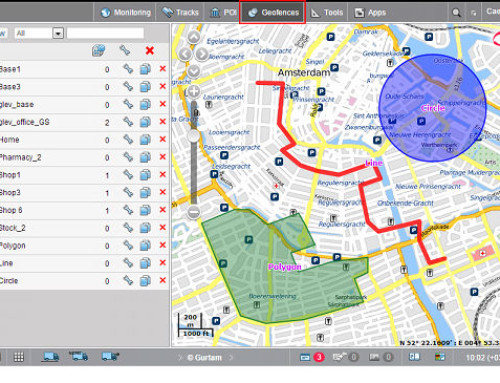It doesn’t matter how big or small your business is, one problem doesn’t distinguish between the size of a business and is constantly front of mind.
How to reduce costs and waste from all areas while still maintaining service standards in meeting/exceeding customer expectations and competitiveness of your business is a constant battle!
What do you do to reduce your use and costs?
One of the areas we keep hearing is fuel costs and how it effects the operational bottom line.
Recently a client mentioned how they noticed a huge and unusual increase to their fuel use/cost over what was considered a short period. (Read the amazing and astounding discovery below!)
We hear this similar story all the time, simply putting it down to an unexplained fuel use for reasons unknown. Often the resulting action is just to “keep an eye on it”, with no tangible way to actually find the reason or properly monitor in order to resolve this.
There are many things that will impact on fuel use and waste. Here are a couple of prime ones that existing and new clients alike have told us:
- Drivers moonlighting after hours and weekends (using your tools to make extra cash!)
- Abuse of their private privilege use – taking the vehicle on a long or maybe interstate trip or towing the boat or van over the weekend (happy days!)
- Driving behaviour such as speeding (also impacts on maintenance also)
- Idling times – this is one of the chief culprits we have often found!
NO business can afford any of the above – adding to their bottom line particularly smaller business where profit margins are often very low.
Continuing the story above from a recent client……
This client, upon full investigation, found the excessive fuel use was all due to how long this one truck was idling for throughout the particular week in question.
The scary thing is that it should not have done many miles for the week, so little fuel should have been used. This truck was to transport their crew and required equipment to a destination about 100kms from town, and remain parked all day until the return trip at the end of the day.
Note, the actual discovery was only made a month later after balancing the fuel cost records.
With the GPS device installed and data retrieved spanning this period, it was discovered that the truck had recorded a much extended idling time throughout each day (all day), not making any sense when it should have been turned off.
Further investigations revealed that after discussing it with the particular crew (who were found to have the truck at that period) found they couldn’t recall as it was too long ago. They were shown the GPS data, and it turned out that the crew remembered leaving the truck idling all day to keep their lunches and drinks cold, and to have a cool place to have lunch each day because it was a hot spell!
Needless to say the client has since implemented changes in numerous ways. A few primary ways include:
- Policy implementation
- Crew/field team education
- Through their installed GPS tracking devices;
– Regular monitoring and tracking practices
– System exception reports set up for all idle times exceeding 10 minutes for recording
– Emailed alerts sent to Ops Manager after 15 minutes idling time so as to take immediate action
– Weekly, daily and monthly reports to monitor and action accordingly
– GPS devices now installed in ALL vehicles.
The implementation of the GPS tracking solution last year has more than covered ROI. It continues to assist in the reduction of fuel wastage. Also, it provides them many with other valuable benefits that this technology solution offers.
A question that comes to mind for me is how much fuel were they using prior to installing our GPS tracking solution? A question I hope to find out at the end of the financial year.
Admittedly, this may be one of the more excessive occurrences (or is it?), but it is worth pointing out just how everyday idling of your vehicles can affect your bottom line.
How many hours a week or month do your vehicles spend idling and wasting fuel?
The time vehicles or trucks and plant equipment spend idling is only one aspect to consider.
At a cost of less than $1 a day is this maybe time to investigate options and invest in a solution that suits your particular business?
We would love to hear your thoughts and stories of what you may have come across – give us a call!






